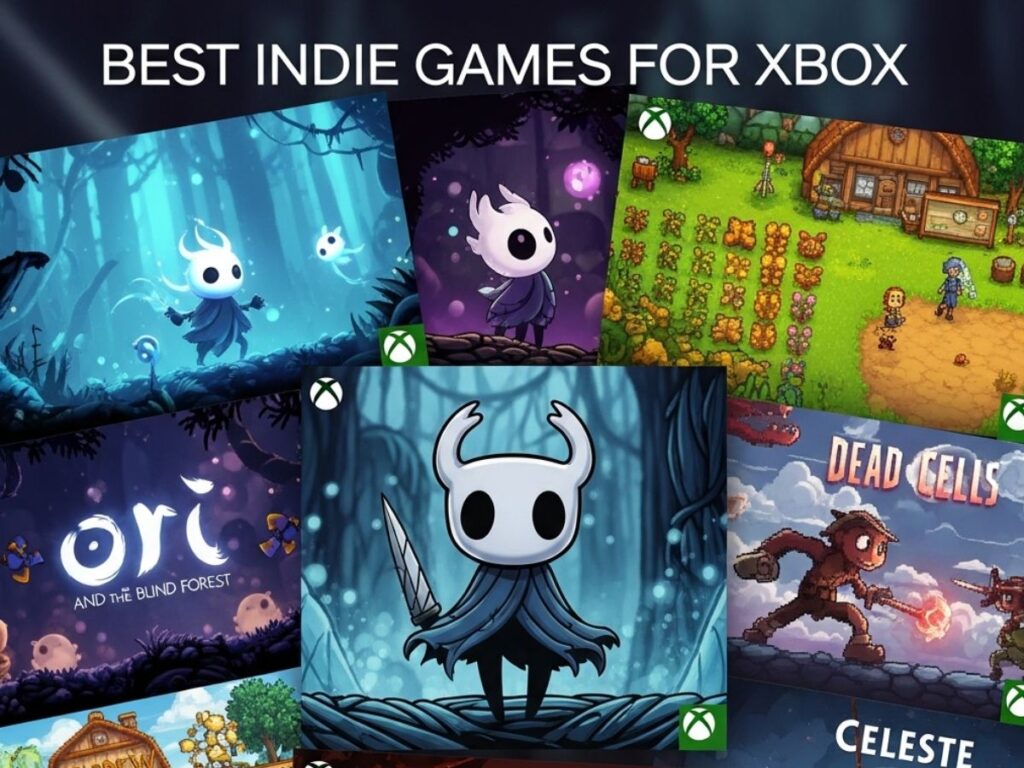Video games often get stereotyped as distractions, but puzzle games quietly defy that perception. They don’t rely on fast reflexes or flashy combat. Instead, they challenge the mind, test logic, and reward patience. From classics like Tetris and Sudoku to modern hits like Monument Valley, The Witness, and Candy Crush, puzzle games have built a loyal following across age groups and platforms.
Their appeal goes beyond mere entertainment. Many players turn to these games to relax, sharpen their minds, or simply enjoy the satisfaction of solving something difficult. Unlike many genres, puzzle games can be played in short bursts or long sessions without pressure, making them ideal for people looking for mindful gaming experiences.
A workout for your brain
Puzzle games stimulate several parts of the brain at once. Players must recognise patterns, make quick decisions, and think ahead. Research suggests that solving puzzles improves short-term memory and enhances problem-solving skills. Even simple games like 2048 or Wordle keep the brain active and engaged, especially when played consistently over time.
Stress relief through focus
One of the hidden advantages of puzzle gaming is how it helps manage stress. The repetitive but goal-oriented nature of puzzles encourages a “flow state” — a form of deep focus where players forget external stress. That’s why many people play puzzle games during breaks or before bed; it helps them unwind while still feeling productive.
Enhancing creativity and persistence
Puzzle games often teach persistence. They reward experimentation and learning from mistakes, traits that easily translate into real-life problem-solving. Games like Portal 2 or The Talos Principle go a step further by blending puzzles with storytelling, pushing players to think creatively and laterally. Over time, this builds cognitive flexibility, the ability to approach challenges from new angles.
Also Read: PlayStation Studios PS5 games see massive discounts. Check details
A game type for everyone
Puzzle games are also among the most inclusive forms of gaming. They don’t demand expensive hardware or deep gaming experience. Whether on a phone, console, or PC, they attract players across all age groups. For children, they build early cognitive skills and concentration. For adults, they provide mental stimulation and relaxation. For older players, they can even help slow down cognitive decline.
Puzzle games might look simple, but they’re quietly powerful. They train the brain, reduce stress, and inspire persistence — all while being genuinely fun. In a world obsessed with speed and action, puzzle games remind us that slowing down and thinking carefully can be just as rewarding.
FAQs
Q1. Are puzzle games good for your brain?
Yes. Studies show that regular puzzle solving can improve memory, pattern recognition, and logical thinking.
Q2. Can puzzle games help with stress?
Absolutely. The focused gameplay helps players enter a calm, meditative state, reducing anxiety and improving mood.
Q3. Are mobile puzzle games as beneficial as traditional ones?
Yes. Whether digital or physical, the benefits come from the mental challenge and focus required to solve problems.
Q4. What age group benefits most from puzzle games?
All age groups can benefit. Children gain learning skills, adults enhance focus, and older players keep their minds active.
Q5. Which are some popular puzzle games today?
Tetris, Candy Crush Saga, Monument Valley, The Witness, Wordle, and Sudoku remain fan favourites worldwide.


